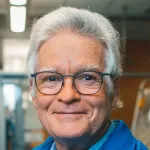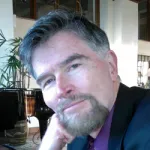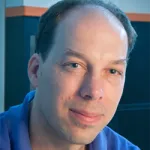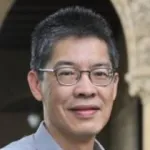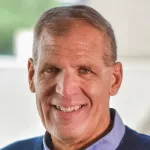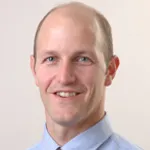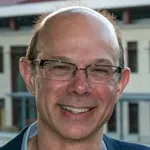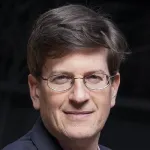
Stanford Report - April 29th, 2009
Six teams of Stanford researchers received grants of up to $100,000 this month to tackle problems in clinical medicine through bioengineering. The total amount of the grants came to $455,000.
As part of the Wallace H. Coulter Translational Research Grant Program, the awards help bridge the gap between clinical needs and engineering solutions.
Established in 2005, the Stanford-Coulter program is one of 10 university partnerships that administer grants from the Coulter Foundation. To qualify for funding, teams must include at least one physician and one engineer.
"On the one hand, important innovations are driven by real clinical needs, and physicians who work in the trenches of medical care have the best perspective on what needs are worth pursuing," said Paul Yock, MD, director of Stanford Biodesign and a member of the grant oversight committee. "On the other, clinicians typically do not understand how to design the best, most cost-effective solutions to their needs—this is the forte of engineers."
Translational grants, such as the Coulter grants, allow clinicians and engineers to work together to solve tough problems in medicine—and then to patent and manufacture the solutions they generate. "Innovation as an intellectual exercise has no value for patients," Yock said. "What matters are ideas that can be made real and delivered to the hospital or clinic."
The projects and researchers receiving the grants include:
- Efficient and safe methods for nuclear reprogramming—James Swartz and John Cooke.
- A novel prognostic and diagnostic tool for clinical infertility—Mylene Yao, Stephen Quake and Wing Wong.
- A low-cost ventilator for use in developing nations and large-scale disasters—Thomas Krummel and Charles Taylor.
- Evaluation of total knee replacements with a novel MRI method for imaging around metal—Garry Gold, Brian Hargreaves, Scott Delp and Stuart Goodman.
- A method to close enteric port sites following natural orifice translumenal surgery—Scott Delp, Thomas Krummel and Bilal Shafi.
- Clinical microendoscopy for imaging sarcomeres—Scott Delp, Terence Sanger and Mark Schnitzer.

